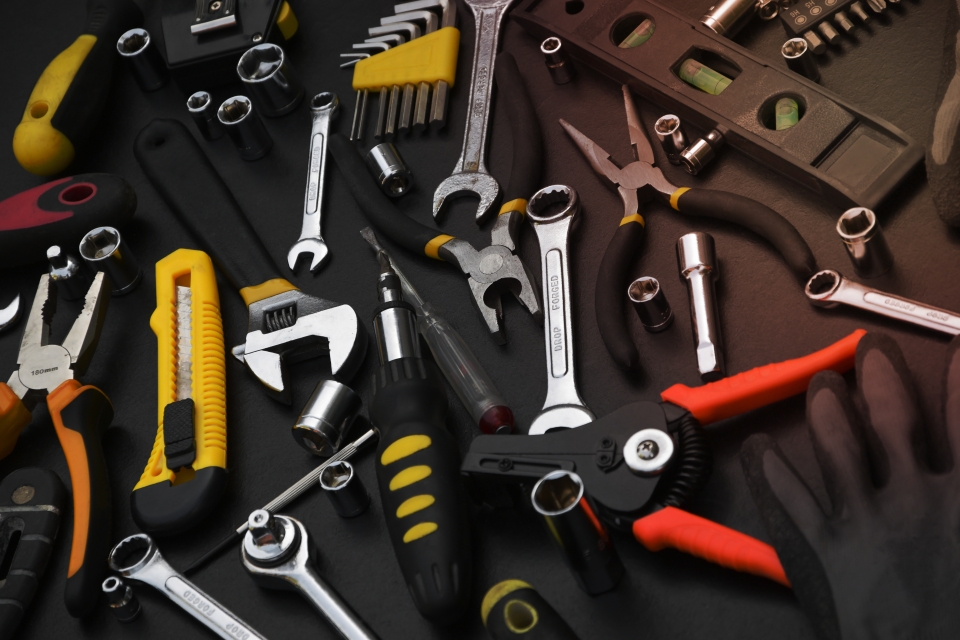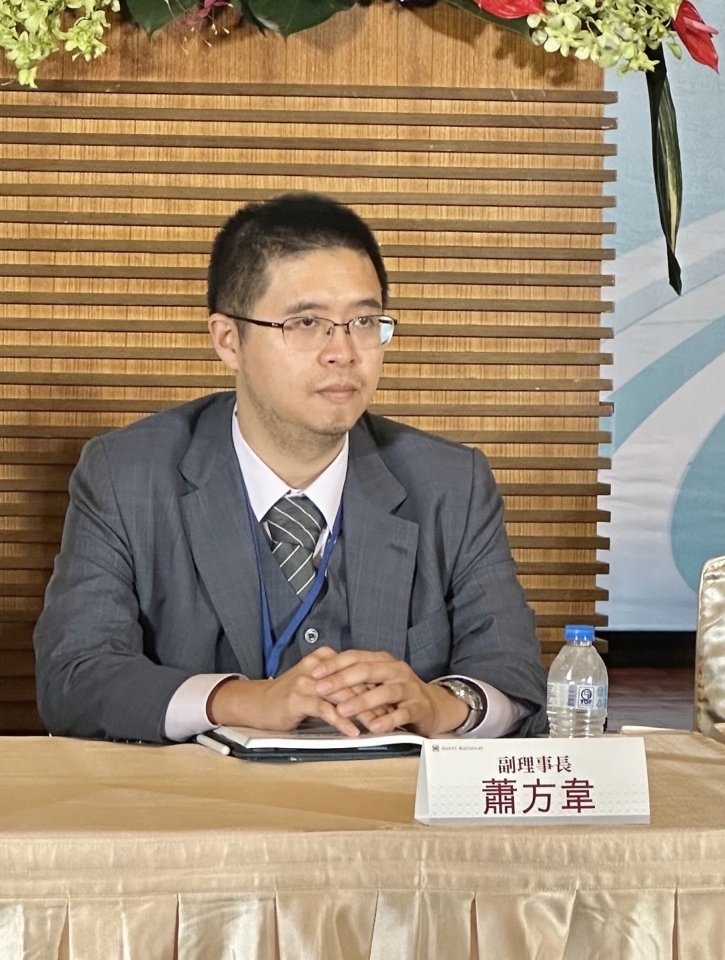Tools of Tenacity: Taiwan's Hand Tools Industry and Its Resilient Drive
2024/01/05 | By Andrew Hsu
Taiwan, the third-largest manufacturing country globally, boasts an annual production value surpassing US$4 billion. This remarkable output is generated by over 2,300 hand tools manufacturers on the island, and it holds the prestigious position as the world's leading OEM for middle and high-end hand tools.
Since the 1970s, the Taiwanese hand tools industry emerged out of the need for maintenance during the Vietnam War. With the geographical proximity of Vietnam, the US Army assisted in defense and stationed troops at the Ching-Chuan-Kang Air Force Base. Consequently, hand tools factories specializing in pickaxes, pliers, hammers, etc., gradually appeared in Taichung. This marked the inception of the flourishing industry.

Over the course of nearly 50 years of development, Taiwan's proud hand tools industry predominantly consists of more than 90% small and medium-sized entrepreneurs. Hsiao Fang-Wei, Executive Vice President of the Taiwan Hand Tool Manufacturers’ Association (THTMA), emphasizes the deep technological background of hand tools practitioners in Taiwan due to this extensive history. Hsiao further points out that the current "Manufacturing Culture" in Taiwan has been significantly influenced by Japan and mainland China. He explains, "That is to say, we not only extracted the strengths of both but also addressed the shortcomings." Taiwanese manufacturers have inherited production efficiency and flexibility from China, combined with Japan's unwavering commitment to impeccable quality while discarding the hasty production methods of the former and the rigid production approaches of the latter. As a result, coupled with competitive pricing, Taiwanese hand tools products have long been favored by international buyers.
Hsiao also highlighted the indispensable strength of Taiwan's hand tools industry—the inherent "resilience" deeply ingrained in the nation's fabric. Describing Taiwan's history as a narrative of colonial influences, from the Dutch and Spanish presence to the Qing Dynasty and Japan, Hsiao emphasized the enduring resilience of the Taiwanese people. Through various rulers and challenges, the nation has cultivated a spirit of tenacity, facing adversity without fear. Proudly noting the 1999 Jiji earthquake, where Taiwanese manufacturers swiftly resumed operations within three few weeks despite equipment disruptions, Hsiao underlined the industry's resilience. Despite facing the 1997 Asian Financial Crisis, the 2008 Financial Crisis, and the 2019 COVID-19 pandemic, Taiwanese manufacturers consistently maintained production, demonstrating stability and unwavering quality.
In the contemporary landscape, around 70% of local industry practitioners choose central Taiwan (Taichung, Changhua, Nantou) as their production base. This concentration of interconnected industries in the region provides a substantial business cluster advantage. Consequently, major buyers from Europe, Japan, America, and China highly commend the accessibility through the Taichung Ring Expressway, allowing them to conveniently access 12 categories of hand tools within just a thirty-minute drive.
To leverage this advantage, THTMA has initiated self-organized exhibitions in recent years. The Taiwan International Tools & Hardware Expo (TiTE 2023), held under the guidance of the International Trade Administration, Ministry of Economic Affairs (MOEA), stands as a pivotal event with over 300 suppliers ready to cater to more than 30,000 visitors. This expo represents a significant milestone in Taiwan's post-pandemic era. Under the theme "TOOLS KINGDOM: The World's Strongest Supply Chain is in Taiwan," it aims to spotlight the industrial clusters in central Taiwan for a global audience. The ultimate goal is to fortify its presence in international markets, underscoring its dedication to fostering global partnerships.

Additionally, the exhibition featured a summit that primarily delved into strategies for positioning high-end hardware tools in the global market. It explored AI-integrated manufacturing technologies, addressed the "three-carbon issues" (Carbon Neutrality, Carbon Emissions, and Carbon Footprint Verification), and discussed profit control. This summit served as a professional platform for industry experts and specialists worldwide to engage in discussions about current international trends, solutions to ESG (Environmental, Social, and corporate Governance) policies, and network opportunities.

As the Executive Vice President of the THTMA, Hsiao, through exchanges of opinions with both international practitioners and domestic manufacturers, concluded that the current situation is a unique opportunity for the Taiwan hand tools industry. Enterprises rarely have the time to reflect on and summarize their experiences from the past few years while anticipating the upcoming challenges and the complete revival of the market, which is highly likely to occur in Q3 2024, according to Hsiao. He estimated that, at that time, when buyers' inventory is almost digested, there will be another peak for the global hand tools industry.




